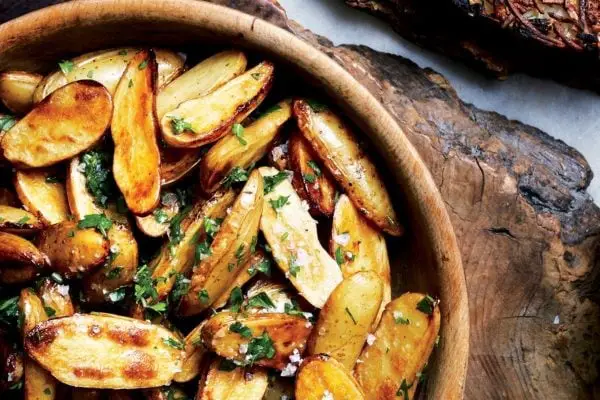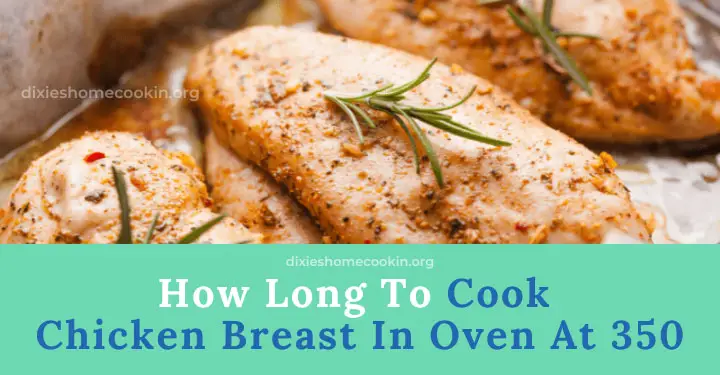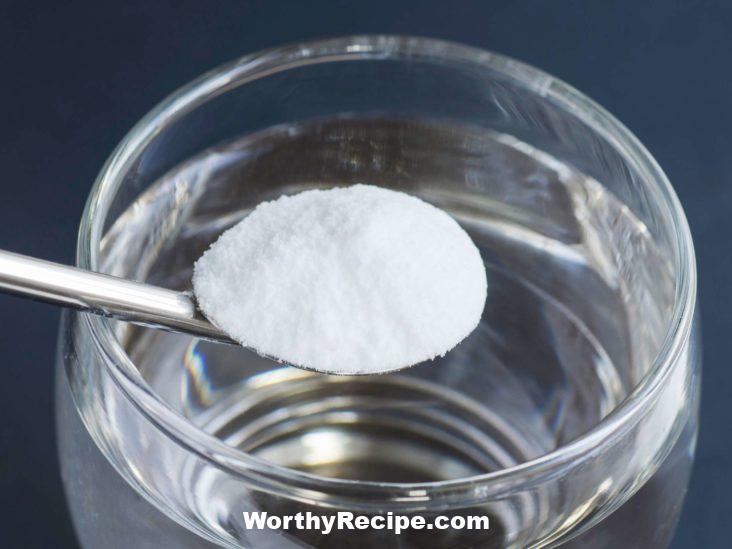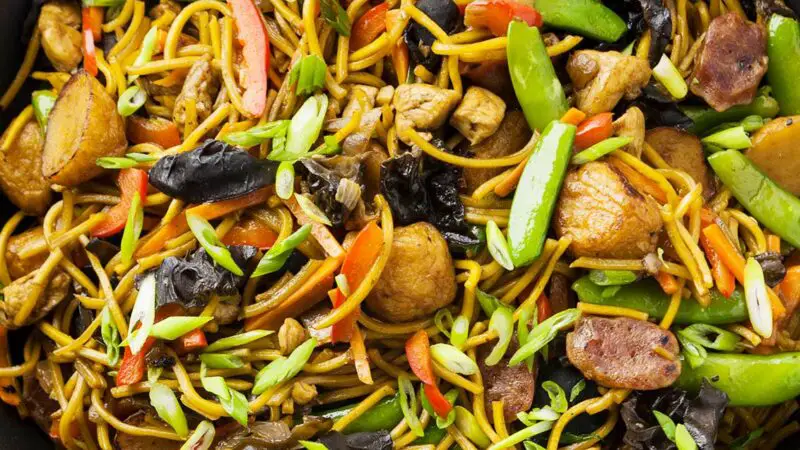Possible article:
Fried potatoes are a popular comfort food enjoyed around the world, and olive oil is often recommended as a flavorful and healthful alternative to other cooking oils. However, the question remains: are fried potatoes in olive oil healthy? To answer this question, we need to examine the nutritional value and potential risks of both the potatoes and the oil, as well as the cooking process and portion size. In this article, we will explore these topics in depth, using scientific evidence as our guide.
What are Fried Potatoes?
Fried potatoes refer to potato slices that have been cooked in hot oil until crispy on the outside and soft on the inside. The types of potatoes commonly used for frying include russet, Yukon Gold, and red potatoes. Some people also prefer to use sweet potatoes or yams for a different flavor and texture.
The ways to prepare and cook fried potatoes vary depending on cultural traditions and personal preferences. Some popular methods include:
- Sliced or diced potatoes tossed with salt, pepper, and other seasonings, then fried in a pan over medium-high heat until golden brown
- Thinly sliced potatoes arranged in layers with cheese and/or other ingredients such as ham or vegetables, then baked or fried until bubbly
- Thick-cut potato wedges tossed in a spice or herb mixture, then deep-fried until crispy
Fried potatoes are often served as a side dish or snack, but also feature prominently in many iconic dishes such as French fries (or chips), hash browns, latkes (potato pancakes), tortillas de patatas (Spanish omelette), poutine (Canadian gravy-and-cheese curds-topped fries), and samosas (Indian dumplings).
What is Olive Oil?
Olive oil is a cooking oil extracted from the fruit of the olive tree, which grows mainly in Mediterranean countries such as Italy, Greece, Spain, and Lebanon. There are several types of olive oil, classified according to their production methods and quality grades:
- Extra-virgin olive oil: made from pure, cold-pressed olives, without any chemical refining; has the highest quality and flavor profile; best used for dressings or drizzling over finished dishes
- Virgin olive oil: also made from pure, cold-pressed olives, but with a lower acidity level than extra-virgin; has a milder taste and can be used for cooking
- Refined olive oil: made from virgin olive oil that has been chemically treated to remove impurities and improve its color and smell; has a neutral taste and higher smoke point than virgin oils; best used for frying or sautéing
- Pomace olive oil: made from the leftovers of the olive pressing process (pomace), which are treated with solvents and heat; has a lower quality than other types of olive oil but can still be used for cooking
Olive oil is known for its high content of monounsaturated fatty acids (MUFAs), which have been linked to various health benefits.
Health Benefits of Consuming Olive Oil
The consumption of olive oil has been associated with several health benefits:
- Lowers bad cholesterol (LDL) levels while increasing good cholesterol (HDL) levels due to its MUFAs and antioxidants content
- Reduces inflammation in the body due to its polyphenolic compounds, such as oleocanthal and hydroxytyrosol
- Improves insulin sensitivity and blood sugar control due to its anti-diabetic effects and low glycemic index
- Enhances brain function and memory due to its ability to cross the blood-brain barrier and protect against oxidative stress
- May lower the risk of cancer, especially breast cancer, due to its anti-tumor effects on cell lines
Therefore, using olive oil as a cooking oil can be a way to increase the healthfulness of a dish without sacrificing taste.
Health Benefits of Eating Potatoes
Potatoes are a staple food in many cuisines around the world, and provide several essential nutrients:
- Vitamin C: an antioxidant that promotes immune function, collagen synthesis, and iron absorption
- Potassium: an electrolyte that helps regulate fluid balance, blood pressure, and nerve function
- Vitamin B6: a nutrient that supports brain development, red blood cell formation, and protein metabolism
- Fiber: a nutrient that promotes digestive health and satiety by slowing down glucose absorption in the gut
Furthermore, potatoes are low in fat and calories when consumed boiled or baked without added fats or oils. This makes them an ideal component of a balanced diet, especially for people who want to control their weight or prevent chronic diseases.
Is Olive Oil a Healthy Cooking Oil?
The healthfulness of a cooking oil depends on several factors:
- The ratio of different types of fatty acids it contains (e.g. saturated, mono-unsaturated, polyunsaturated)
- The stability of its chemical structure when exposed to heat, light and air (i.e. smoke point)
- The presence of harmful compounds that can form during processing or cooking (e.g. trans fats, acrylamide)
Compared to other common cooking oils such as vegetable or canola oil, olive oil has several advantages:
- Higher proportion of MUFAs and lower proportion of saturated fat, which can help lower bad cholesterol levels in the blood and reduce the risk of heart disease
- Higher smoke point than most virgin oils, meaning it can be used for frying or sautéing without generating excessive smoke or burning.
- No artificial trans fats or hydrogenated oils produced during its production process
- No known adverse effects on human health when consumed in moderation, according to most studies.
In addition, olive oil has a distinct flavor and aroma that can enhance the taste of a dish and stimulate the appetite.
How Does Deep Frying Affect the Nutritional Value of Potatoes?
Deep frying is a cooking method that involves immersing food in hot oil at temperatures typically ranging from 350°F to 375°F (175°C to 190°C). This process can affect the nutritional value of potatoes in several ways:
- Loss of water-soluble vitamins: Vitamin C is especially vulnerable to degradation under high temperatures, so deep-fried potatoes may contain less vitamin C than boiled or baked potatoes.
- Increase in fat content: Potatoes are naturally low in fat and calories, but deep frying them adds extra calories and fat from the oil used. Depending on factors like the type of oil, the frying time, and the thickness of the potato slices, deep-fried potatoes can easily contain more than 10 grams of fat per serving.
- Formation of acrylamide: This chemical forms when certain amino acids and reducing sugars in foods react under high temperatures, such as during the frying process. Acrylamide has been shown to cause cancer in animals at high doses, although there is still no consensus on its health effects in humans at typical dietary levels.
Therefore, eating deep-fried potatoes on a regular basis may not be a healthy habit, especially for people who are already overweight or have health conditions such as diabetes or high blood pressure.
What Makes Olive Oil Ideal for Frying Potatoes?
When selecting an oil for frying potatoes, it is important to consider its smoke point, which is the temperature at which it starts to break down and form smoke. When this happens, the oil can release harmful compounds called free radicals and aldehydes that may lead to inflammation and oxidative damage in the body.
Olive oil has a relatively high smoke point of around 375°F (190°C) for extra-virgin and 450°F (230°C) for refined olive oil. This means that it can withstand medium-high temperatures without compromising its chemical stability or flavor. Moreover, using olive oil for frying potatoes can add some flavor and nutrients to the dish while avoiding some of the negative effects of other oils (e.g. trans fats from partially hydrogenated oils).
However, it is important to note that even oils with high smoke points can degrade if heated for too long or reused multiple times. Therefore, it is best to discard olive oil after a few uses or when it starts to smoke or smell rancid.
The Role of Portion Size in Fried Potato Consumption
While fried potatoes cooked in olive oil can offer some health benefits if consumed in moderation, portion size matters. Eating too much fried food can lead to weight gain, high cholesterol, and other health problems. Additionally, some people may be more sensitive to the effects of acrylamide or other harmful compounds that can form during frying than others.
The recommended serving size for fried potatoes is about 1/2 cup or 85 grams, which provides roughly 100-150 calories and 3-5 grams of fat. To decrease the amount of fat and calories in a dish, one could try alternative cooking methods such as baking, grilling, or air-frying, which use less oil or no oil at all.
Potential Risks Associated with Consuming Fried Potatoes and Olive Oil
While consuming moderate amounts of fried potatoes cooked in olive oil is generally safe for most healthy individuals, there are potential risks to keep in mind:
- Weight gain: Eating too many calories from any source can lead to weight gain, especially if the individual is not physically active enough to burn them off.
- Increased risk of heart disease: A diet high in saturated fat and excessive omega-6 fatty acids (found in some vegetable oils) may increase the risk of heart disease if consumed chronically over time. However, using olive oil instead of these oils can mitigate this risk to some extent.
- Potential exposure to acrylamide: Deep-frying potatoes or other starchy foods has been shown to form acrylamide in both animal models and human studies. Although there is no established safe limit for acrylamide intake, it is best to minimize its exposure by avoiding overcooked or burnt food.
To reduce these risks and maximize the health benefits of a dish that includes fried potatoes cooked in olive oil, it is advisable to:
- Monitor portion size and frequency of consumption
- Choose fresh ingredients and quality oils
- Diversify one’s diet by including a variety of whole foods
- Engage in regular physical activity to maintain a healthy weight and reduce inflammation
Conclusion
In conclusion, fried potatoes cooked in olive oil can be a tasty and satisfying part of a balanced diet if enjoyed in moderation. While deep-frying can affect the nutritional value of potatoes by adding extra fat and reducing their vitamin content, using olive oil has several advantages over other cooking oils, including its high smoke point and healthful fatty acid profile. By paying attention to portion size, cooking techniques, and ingredient quality, one can still enjoy the crispy goodness of fried potatoes without compromising one’s health.
Frequently Asked Questions
What makes fried potatoes in olive oil a healthy choice?
Fried potatoes in olive oil are a healthy choice because olive oil is high in monounsaturated and polyunsaturated fats, which can help lower cholesterol levels. Olive oil also contains antioxidants and anti-inflammatory properties that can promote heart health and reduce the risk of chronic diseases.
Are there any nutritional benefits to eating fried potatoes in olive oil?
Yes. Potatoes are rich in potassium, vitamin C, and fiber, which can support a healthy digestive system and boost immune function. While frying potatoes may reduce the nutrient content slightly, using olive oil instead of other types of oils or fats can help preserve some of these essential vitamins and minerals.
How can I make sure my fried potatoes in olive oil are as healthy as possible?
To make sure your fried potatoes in olive oil are as healthy as possible, avoid using too much oil or overcooking them. Use high-quality extra-virgin olive oil for its antioxidant properties. You can also add flavor to your potatoes with herbs like rosemary or thyme instead of salt.
Are there any potential risks to eating fried potatoes in olive oil?
While fried potatoes in olive oil can be a healthy choice, consuming them excessively or with high-calorie toppings like cheese or bacon can lead to weight gain and other health issues. Additionally, eating fried foods regularly may increase the risk of heart disease and other chronic health conditions. It’s best to consume them in moderation as part of a balanced diet.






